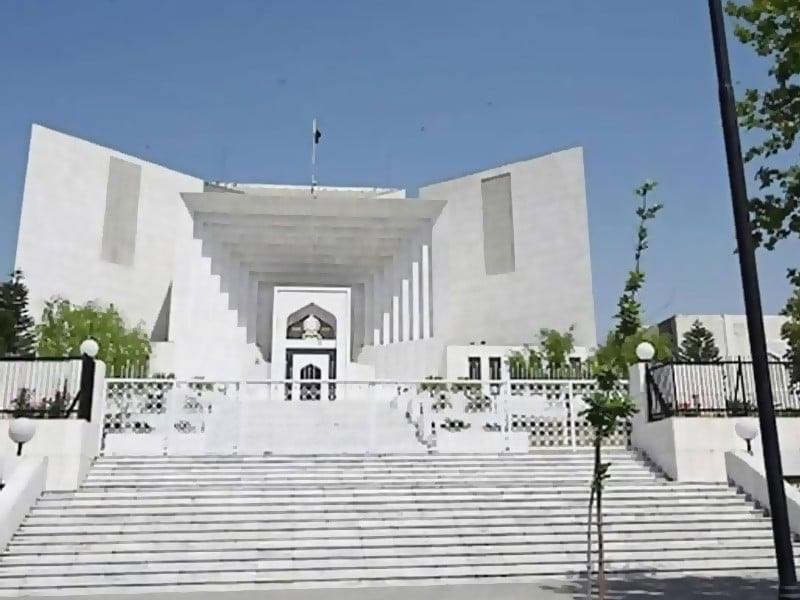Islamabad:
The Supreme Court has judged that proportionality must be applied to discipline, care and sensitivity to the context, in particular in cases involving fundamental rights and human dignity.
In a question of service involving a sub-inspector, the Supreme Court stressed that the principle of proportionality offers a structured framework for the judicial control of administrative actions.
The four -page judgment, written by judge Syed Mansoor Ali Shah, explained that the principle of proportionality provides a structured framework for the judicial control of administrative actions.
“Developed in various constitutional jurisdictions, it implies a test in four stages: (i) the measure must pursue a legitimate objective; (ii) be adapted to achieve this objective; (iii) be necessary, in the sense that there is an individual alternative no less restrictive; and (iv) to find a fair balance between the impact of the measure on individual rights and the public interest.”
This court recently introduced and adopted this test in four stages to assess the legality and equity of administrative and disciplinary decisions. Such a framework guarantees that any interference in the rights is justified, necessary and legal “,” reads the order of four pages.
The judgment was rendered in a service case where the Punjab Service Court had partially granted the appeal of a sub-inspector and modified the penalty of a reduction of two stages to a reduction in a stage via an order dated February 2, 2016.
According to the court, when an investigation had been carried out, the accusation “did not even produce an outburst of evidence” to support the allegations. A division bench of the Supreme Court, led by Judge Shah, heard the appeal of the sub-inspector against the court’s decision.
The order noted that despite these clear results, the court has chosen to reduce the penalty rather than exempt the petitioner.
“It seems that the court is based, although implicitly, on the principle of proportionality, noting that the initial penalty is disproportionate to the alleged misconduct. However, this request was not both legally imperfect and logically incompatible with its own conclusion, when it was not established. Confirm, reserve, vary or modify the disputed orders.
The court noted that judicial interference in disciplinary sanctions is only justified when the sentence is “arbitrary, perverse or based on unrelevant considerations”. “Once the court found that allegations were entirely founded, the only legitimate result was to exempt the petitioner.”
The judgment has also developed that proportionality promotes a stable and systematic method for constitutional arbitration.




